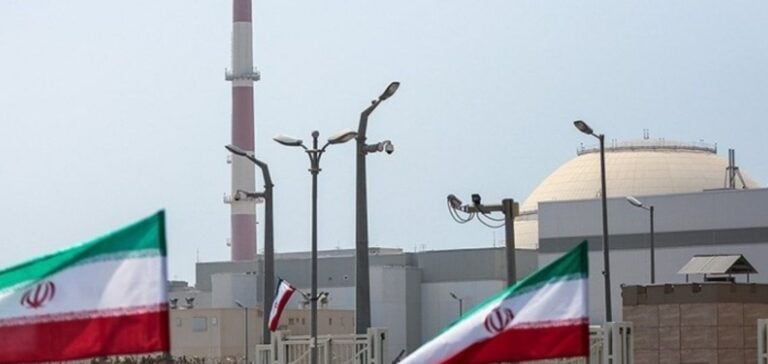Negotiations on the Iranian nuclear issue are at a standstill following the deaths of President Ebrahim Raissi and his Foreign Minister, Hossein Amir-Abdollahian, in a helicopter accident. The IAEA (International Atomic Energy Agency), which had hoped to break the deadlock after a recent visit to Iran, must now wait and see. IAEA Director General Rafael Grossi expresses concern about Iran’s intentions, highlighting recent public statements about the country’s technical capabilities to produce nuclear weapons and possible changes to its nuclear doctrine. Despite Teheran’s denials of its intention to acquire the bomb, Iran now has enough material to build three of them. Raissi’s death complicates discussions at a time of growing tension in the Middle East. On his return from a visit to Iran in early May, Grossi called for concrete results soon, hoping for progress before next week’s Board of Governors meeting.
Enriched uranium in excess of limits
The latest IAEA reports reveal a worrying build-up of enriched uranium stocks in Iran. These stocks amounted to 6,201.3 kg, more than 30 times the limit authorized by the 2015 international agreement. This agreement, known by its acronym JCPOA, provided a framework for Tehran’s atomic activities in exchange for the lifting of international sanctions, under the supervision of the IAEA. However, Iran has been gradually breaking away from its commitments since the US withdrew from the agreement in 2018 under President Donald Trump. In addition, Tehran has far exceeded its enrichment ceiling of 3.67%, now reaching alarming levels. Iran has 751.3 kg of uranium enriched to 20% and 142.1 kg of uranium enriched to 60%, close to the 90% needed to build an atomic weapon. This situation is fuelling international fears, all the more so as inspections of nuclear sites have been drastically reduced and surveillance cameras disconnected.
Growing international pressure
Against this tense backdrop, London, Paris and Berlin, parties to the JCPOA along with Russia and China, are pushing for a resolution condemning Iran’s nuclear escalation at the next Board of Governors meeting. However, the United States is reluctant, fearing that it could aggravate geopolitical tensions in the Middle East in the run-up to the US presidential election in November. Arms Control Association expert Kelsey Davenport calls for swift action, warning that waiting until after the US vote would only exacerbate current challenges and send a signal that Tehran can flout its international obligations with impunity. Davenport suggests that the US should put an offer on the table that includes sanctions relief to defuse tensions and avert the threat of a nuclear-armed Iran. This proposal aims to encourage a return to discussions and prevent further escalation.
Impacts and consequences
The current situation surrounding Iran’s nuclear program has major implications for regional and international security. The possibility of Iran acquiring nuclear weapons could trigger an arms race in the Middle East, exacerbating existing tensions and conflicts. In addition, the reduction in IAEA inspections and monitoring complicates the international community’s ability to verify the peaceful nature of Iran’s nuclear program.
Raissi’s death and the postponement of discussions made the situation even more uncertain. The forthcoming presidential elections in Iran could change the situation, but in the meantime, the international community needs to find ways of managing the risks and encouraging Iran to respect its international commitments.






















